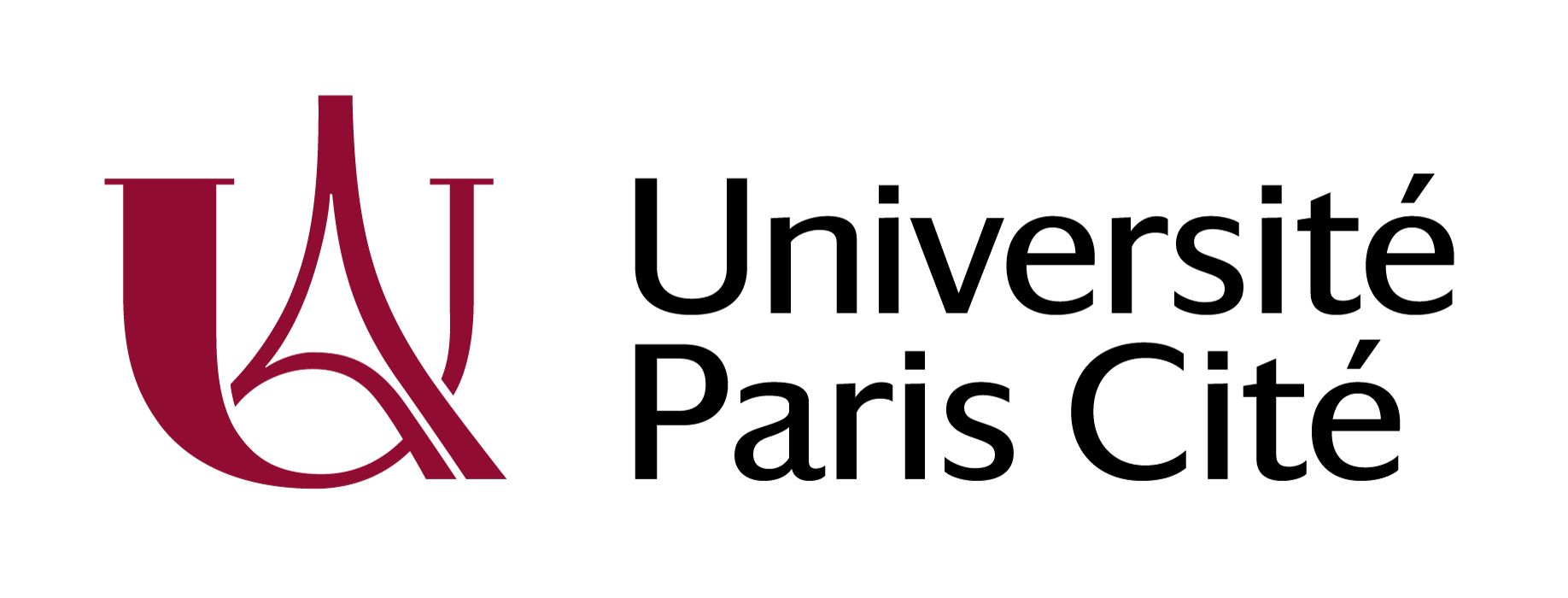« … the last refuge of a complex mind » (O. Wilde)
Le dernier refuge des gens compliqués : de l’intérêt des mathématiques en traduction
Résumé
Beside some experts from cognitive sciences (Kahneman and Pinker, in particular), this contribution is based above all on real-life examples. It strives to demonstrate how having recourse to mathematical reasoning can be a source of simplification for translators – at least in pragmatic translation, and more specifically in technical or specialized translation. Some may argue that this is not the obvious choice. We will do our best to explain, in several stages, why we think their argument is flawed. After reminding that the translation of mathematical elements should by no means be literal, we will argue that numbers are not only a language (itself translatable into everyday language), but also an element of culture, before showing that, paradoxically, the universe to which mathematics invites us is essentially a relaxing one, among other things, because it invites us to reason in terms of categories, and reminds us that translators should never give up on understanding – and that to understand, one has to put represent the translated phenomena in concrete terms. And thus, we will make ourselves understood. This raises anew the question of expertise in translation, of the linguistic nature or otherwise of this operation, of the relationship between the analog and the digital, including in our approach to the numerical aspects of documents to be translated, and of the profile of current and future translators, at a time when machine translation is becoming almost universally prevalent.
| Origine | Fichiers produits par l'(les) auteur(s) |
|---|
